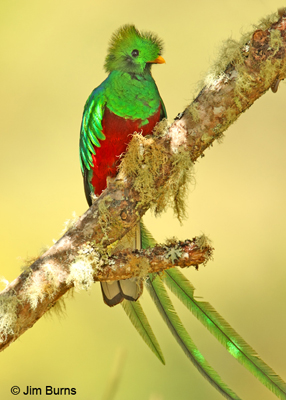
Obsession is a perfume—clever marketing. Obsession is the partial name given to a mental disorder treatable with medication. Obsession is the label I often heard, back in the day, affixed to my quixotic travels to photograph every North American bird. Now obsession is a topic explored by Kirk Wallace Johnson in The Feather Thief, a new, must read book for birders and anyone who claims to be concerned about the future of our planet.
The Feather Thief, at its heart, is a crime novel, and Johnson is an indefatigable investigative journalist and a good writer. His story delves into birds, the environment, and the history of Darwinian Theory. If I haven’t hooked you yet, let me say that the hook for me was the obscure and arcane avocation which led to the title’s crime and the unfathomable premise upon which that avocation is based.
We still lament how small the birding niche is under the broad outdoor recreation umbrella, but I’m guessing its numbers are far larger than those involved in fly fishing, and I have to believe many, if not most, fly fishermen do not tie their own flies. Now imagine how small the subset must be of those who tie flies but have no intention of fishing with those flies or selling them to those who do! Who knew?
In November, 2009, Edwin Rist, a twenty year old world class professional American flautist studying at the Royal Academy of Music in London broke into the Natural History Museum in Tring, forty miles north, and stole 299 rare bird skins. With a monetary value placed at seven figures, many of the irreplaceable specimens had been collected by Alfred Russell Wallace, a Darwin contemporary, in Southeast Asia 150 years before. Rist was also world class in a disparate field—fly tying, and it was his intention to sell the spectacular feathers of quetzals, cotingas, bowerbirds, and birds of paradise to the tight, obsessive community of those who tie flies purely as an art form and will pay up to $2000 for a single feather.
Read that paragraph again, then smack your forehead. Johnson weaves together the perilous expeditionary journeys of Wallace in the nineteenth century, the sordid history and demise of the millinery trade in the early twentieth century, the incredible naivete of Rist in this century’s internet age, and his own rather obsessive travels and interviews as he attempts to find the missing feathers.
It will be with disbelief that you read Johnson’s account of Rist’s trial in which he got off with no prison time because his defense team skillfully used the Asperger’s plea. I spent years working for a man I felt exhibited Asperger’s symptoms, and I recognize its traits—tunnel vision, lack of empathy and emotional intelligence, a dearth of social skills—which comprise a fitting litany for the obsessive nature of the fly tying community and also sound an echo of the unapologetic arrogance and avarice stalking our planet now.
The undercurrent of The Feather Thief is the long and depressing history of man’s disregard and destruction of nature and its beauty. It continues apace, and the bizarre episode detailed in the book seems a microcosm of today’s lack of compassion for those of our own species less fortunate and those of other species less “advanced.” It’s a well written cautionary tale with great relevance in our current cultural and political climate.